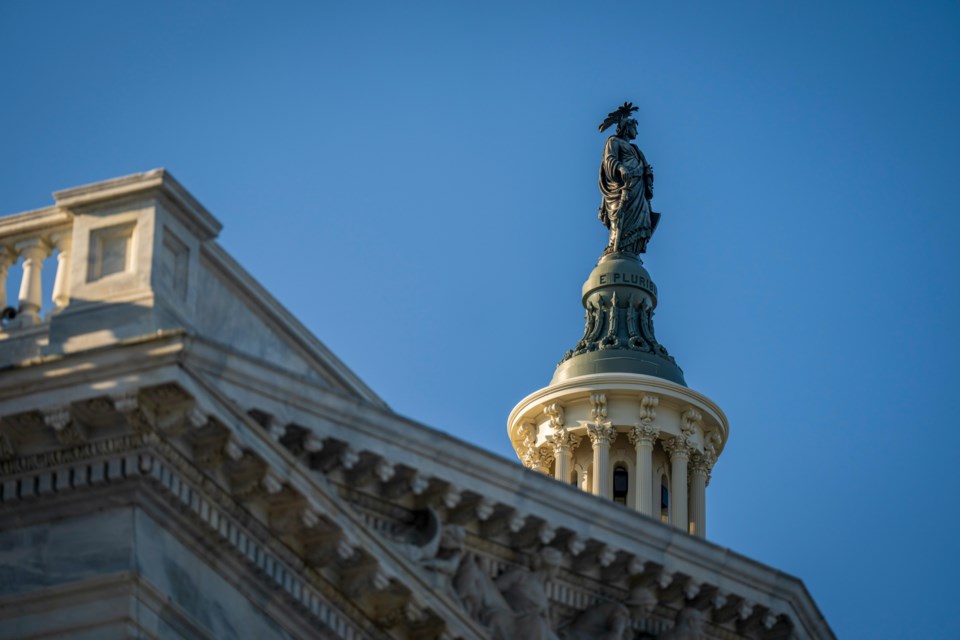With Colorado facing a $635 million budget shortage, legislators there are running afoul of Governor Jared Polis over his suggested cuts.
While state leaders endeavor to resolve the budget deficit, the forthcoming months will be characterized by challenging negotiations and difficult decisions.
Tensions Rise Over Proposed Medicaid and School Funding Cuts
Concern has been raised by lawmakers over Governor Polis' plan to lower Medicaid provider rates.
State legislators are concerned that these changes could harm patients and medical professionals, especially following recent improvements to the system.
The changes coincide with difficulties the state has using Medicaid despite a declining enrollment.
Some lawmakers are questioning if these cuts are the best way to close the budget gap.
There has also been criticism of the governor's proposal to postpone the adoption of a new school finance system.
Some legislators worry that delaying the reforms will make schools more susceptible to unstable funding, particularly in areas experiencing dropping enrollment.
Budget Shortfall Forces Tough Choices for State Leaders
Colorado is facing a $635 million budget shortfall for the next fiscal year, forcing lawmakers to make tough choices.
The shortfall is largely due to rising Medicaid costs and softening inflation, which means the state has less revenue to work with under the Taxpayer’s Bill of Rights.
With a general fund budget of $14.8 billion, the state needs to find ways to close the gap without sacrificing essential services.
The legislature’s Joint Budget Committee is working to balance the books, but leaders are divided on how best to address the deficit.
Some lawmakers, including Republican Senator Barbara Kirkmeyer, argue for more cuts to state agencies, while others, like Democrat Senator Jeff Bridges, point out the difficulty of finding enough savings without significant pain.
Privatization Proposal Adds Complexity to Budget Debate
In addition, Polis has recommended the privatization of Pinnacol Assurance, the state's workers' compensation insurer.
This action would relocate workers' compensation's accountability from the state to the private sector.
Polis thinks this would help with budget issues, but legislators have voiced worries about the long-term consequences of privatization on employees and state insurance system stability.
Proposition 130, which calls for an additional $350 million in funding for law enforcement, is another important topic in addition to privatization.
Polis has recommended distributing the spending over multiple years to provide some breathing room in the state's limited budget, but this plan complicates the financial situation as legislators continue to haggle.
Bipartisan Criticism of Polis’ Budget Proposal
Both Republicans and Democrats have expressed concerns about Polis' budget proposal.
Republican Senator Kirkmeyer has criticized the governor for his cuts to schools, while Democratic Representative Emily Sirota has questioned the broader impact of the cuts on public services.
Both sides are worried about the consequences for vulnerable communities and the long-term effects of reducing funding for essential services.
In response, Polis emphasized the need to focus on the largest areas of state spending, such as Medicaid and education, to close the budget gap.
However, lawmakers are suggesting that there may be other ways to balance the budget without making such drastic cuts to these critical areas.
It is anticipated that the discussion surrounding these budget plans would get more heated as the negotiations go on.



